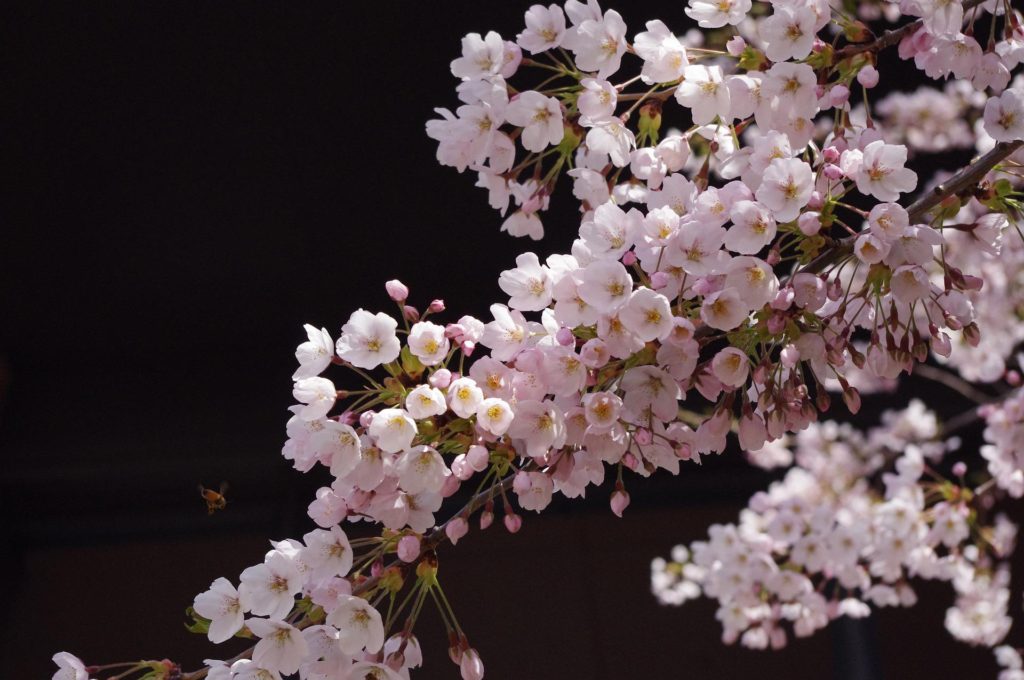Today’s post – “About a Paragraph Found in Madame Bovary” – is authored by Igor da Silva Livramento. He’s a fellow academic from UFSC, fellow author, fellow creative-writing advisor, and overall a great fellow. He’s also a composer, music theorist, and producer. You can find him on LinkedIn and here is his own blog.
As per the translation for Penguin (2011, Vintage series):
Emma Bovary is an avid reader of sentimental novels; brought up on a Normandy farm and convent-educated, she longs for the passion of romance. At first, Emma pins her hopes on marriage, but life with her well-meaning husband in the provinces leaves her bored and dissatisfied. She seeks escape through extravagant spending sprees and, eventually, adultery. As Emma pursues her impossible reverie she seals her own ruin and despair. Exquisite, moving, at times ferociously satirical and always psychologically acute, Madame Bovary remains one of the greatest, most beguiling novels ever written.
Knowing this novel that has made history (given its many film adaptations), I will analyze a paragraph to demonstrate that its superficial simplicity and perfect grammar conceal a creative and magnificent use of language in its powers of characterization, description, abstraction, concreteness and perspective.
We will find a representation of the dissolution of subjectivity through the accumulation of restless anguish, paired with existential reflection in the small actions of everyday life. This will demonstrate the technical mastery with which Flaubert wrote and from which we can learn to produce literature of high emotional impact, even when the scene we describe to the reader seems as static as a Renaissance painting.


